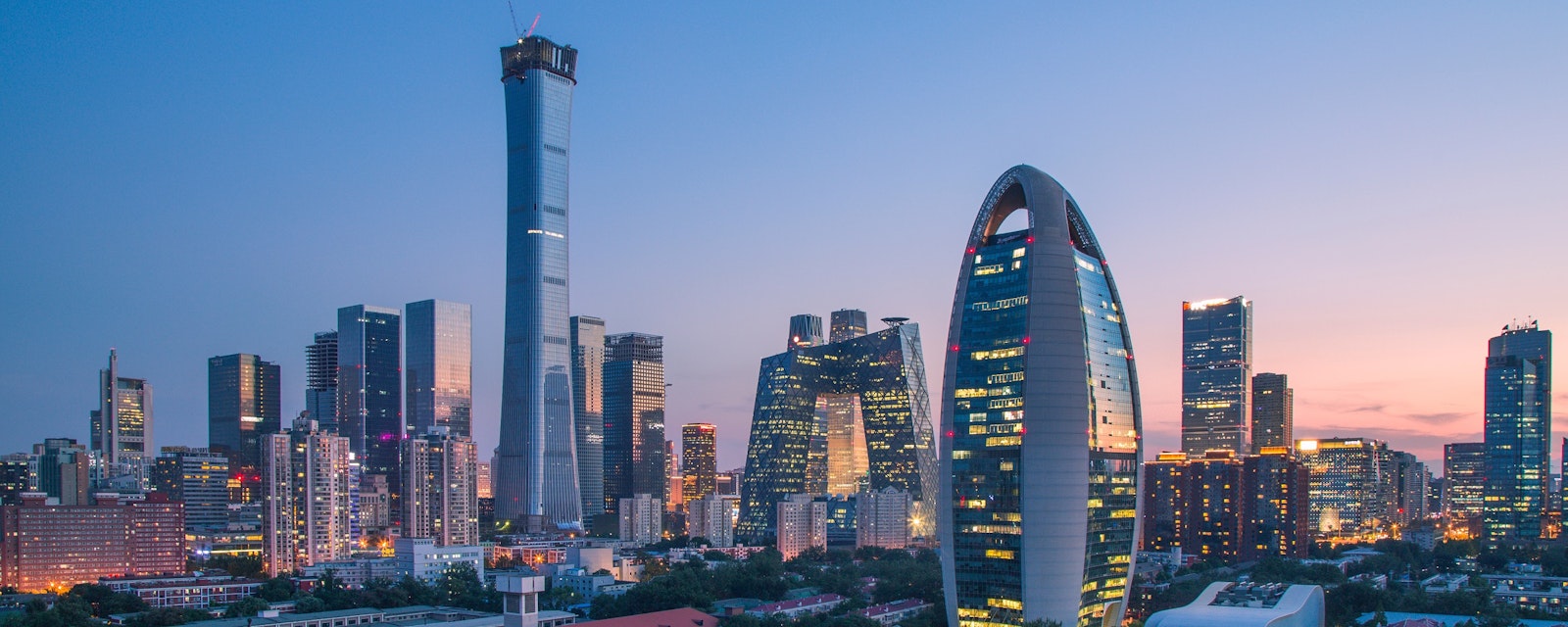Chinese Defense Minister Li Shangfu is reportedly under investigation for corruption related to military procurement, along with eight other officials from the procurement unit he led.
We see few clear policy implications from Li's apparent ouster, because he was not among the most influential party-state officials on foreign policy and military affairs. An unlikely but intriguing possibility is that the recent downfalls of Li and former foreign minister Qin Gang are the result of elite political maneuverings designed to weaken President Xi Jinping.
Li has not been seen in public for over two weeks, and though Beijing has not publicly announced a corruption probe, a Reuters report citing anonymous sources to confirm the investigation, appears credible.
The apparent probe of Li follows the anti-corruption purge of two generals who led the People's Liberation Army (PLA) Rocket Force, which oversees conventional and nuclear missiles. Li ascended to defense minister in March as part of a standard cabinet reshuffle. The investigation also follows the unexplained disappearance and replacement of former foreign minister Qin Gang.
Policy Implications
We see few direct implications of Li's apparent removal from office for China's foreign policy. At least half a dozen other party-state officials loomed larger than Li in terms of influence over foreign policy and military affairs. Alongside his defense secretary role, Li held the positions of state councilor and member of the seven-person Central Military Commission (CMC) — roles that placed him above other cabinet ministers. Nevertheless, in the Chinese system, the defense secretary is a largely symbolic role with no operational authority over the PLA.
On foreign policy, Xi, who chairs the Communist Party's Central National Security Commission; the three vice chairs of that commission, Li Qiang, Zhao Leji, and Ca Qi; and Wang Yi, chair of the party's Central Foreign Affairs Commission, all held more influence over foreign policy than did Li. On military affairs, Xi, who chairs the CMC; and the CMC's two vice chairs, generals Zhang Youxia and He Weidong, were all more powerful than Li, who was a lower-ranked CMC member.
The clearest potential implication of Li's departure would be to clear a path for his replacement to engage with senior US Defense Secretary Lloyd Austin or other senior US defense officials. Washington sanctioned Li in 2018 for his role in purchasing weapons from Russia. Li's authority over military procurement came with his position as director of CMC Equipment Development Department from 2017 to 2022.
A broader implication will be to reinforce a perception among foreign policymakers and business leaders that elite politics are a source of risk, volatility, and unpredictability when dealing with Beijing or operating in China. As with Qin, the lack of public disclosure about Li's fate probably does not reflect an intention to deceive. Instead, such opacity reflects the reality that any concern about external appearances must be subordinate to the exigencies of domestic politics.
Hints of Elite Intrigue
By far the most likely explanation for Li's downfall is that he was caught up in the latest iteration of a military anti-corruption campaign that dates back nearly a decade. In 2014, two recently retired CMC vice chairs, Xu Caihou and Guo Boxiong, were felled for corruption. The military anti-corruption campaign is itself part of Xi's broader effort to root out graft and enforce ideological discipline throughout the party-state apparatus.
The current iteration extends beyond Li. According to Reuters, the investigation into military procurement corruption has also ensnared eight other senior officials at the equipment department. That unit has long been rumored to be rife with corruption, and in July the department issued a public notice calling for tips about corruption dating from when after Li took over.
Another possibility, however, is that opponents of Xi have maneuvered successfully to take down two Xi allies, Qin and now Li, as a way to weaken Xi himself. Unlike Qin, Li was not known to have an especially close relationship with Xi. Nevertheless, Xi would have personally vetted and approved Li's appointment to the defense secretary role, making his apparent ouster only six months later an embarrassment.
This possibility remains highly unlikely, but its plausibility would increase if other Xi allies were brought down in the months ahead. A key official to watch in this regard is General Zhang, the CMC's first-ranked vice chair. Zhang is known as a trusted Xi ally, but he also preceded Li as director of the equipment department.




